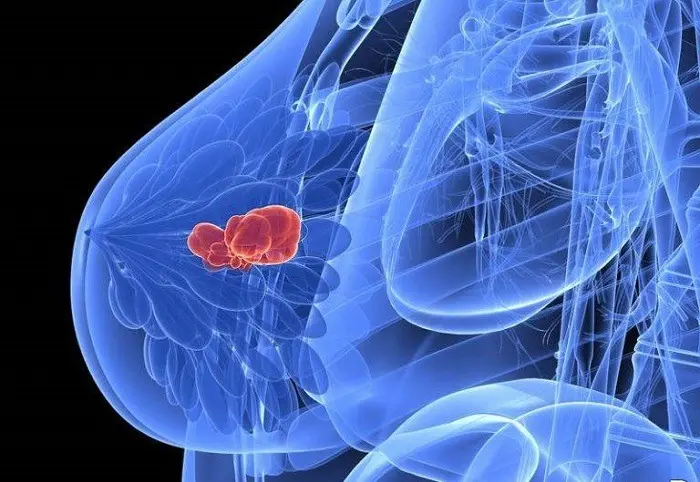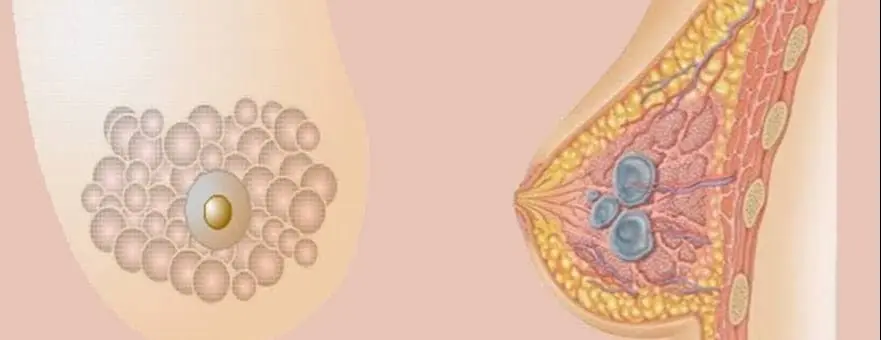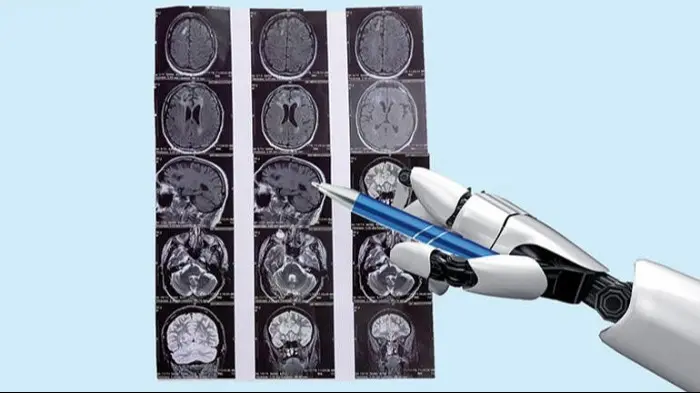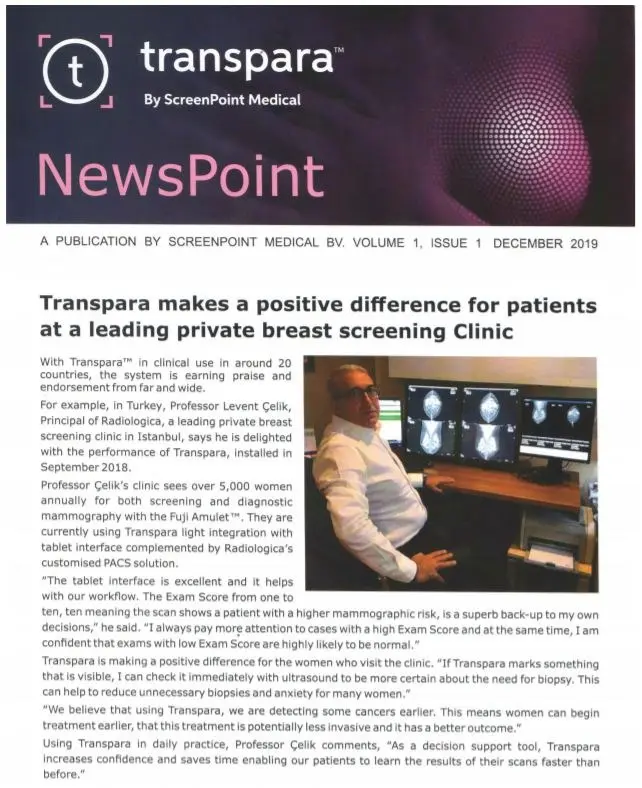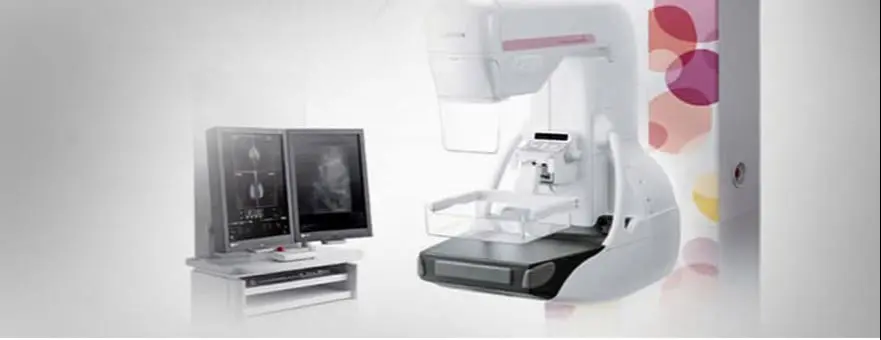What is Multiparametric MRI?
Multiparametric MRI (mpMRI) is the best imaging method that can detect clinically significant prostate cancers and guide biopsies. Multiparametric means it includes many MRI sequences (T1 and T2 weighted sequences, diffusion-weighted sequences, ADC mapping, dynamic sequences, perfusion MRI, and MR spectroscopy) that are different from other MRI scans containing only basic MRI sequences required for diagnosis. Using all these components, the presence of a tumor, whether the existing tumor has spread outside the prostate gland, and whether it has metastasized to other organs can be diagnosed, and in the same session, it contributes to the staging of the tumor (early stage, advanced stage...).
What are the advantages of Multiparametric MRI?
With serum PSA value and randomized (12-core biopsy) biopsy, large aggressive lesions outside the typical biopsy area may not be detected. Additionally, this method tends to overdiagnose small, slow-growing lesions (which are commonly seen in the prostates of men over 50). In other words, low-risk patients may be overdiagnosed by serum PSA and randomized biopsy techniques, while high-risk patients may be underdiagnosed. Advances in MRI imaging techniques (multiparametric MRI) increase diagnostic accuracy in detecting prostate cancer.
What should be done before the Multiparametric MRI scan?
You should come to the procedure fasting.
Is medication used during the Multiparametric MRI scan?
Yes. Medication (contrast agent) is given intravenously.
No incision or foreign object entry occurs during the procedure.
How long does the Multiparametric MRI procedure take?
The duration of the multiparametric prostate MRI scan is approximately 30-45 minutes.




